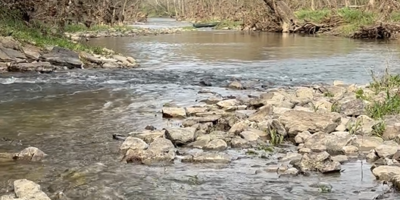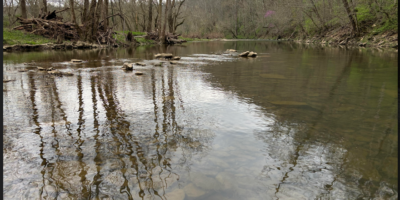By Jack Stevenson
The biggest bang since humans started recording their history occurred when the volcanic Mount Tambora in the Indonesian island chain erupted on April 5, 1815. The eruption was a monster. Several cubic miles of molten lava and rock were blasted five miles high, maybe higher. The noise was heard more than a thousand miles from the volcano. The volcanic dust began a journey around the earth filtering the sunlight and causing abnormally cool summer temperatures. But the maximum impact occurred the following year. People called 1816 the “year without summer.” There was famine in China because the cold weather caused crop failure and because of extensive flooding. Abnormal rains in India caused a cholera epidemic that spread north as far as Russia.
Snow fell in June in eastern Canada and the northeastern United States. Lakes and rivers froze in Pennsylvania in July. Crops failed. Oats—fuel for horses—increased in price enormously, the equivalent, today, of a $2.50 gallon of gasoline rising in price to $19.00. There was an extensive migration of people from the northeastern U.S. to what was then called the “Northwest Territory,” an area that included Ohio, Indiana, Michigan, Illinois, and Wisconsin. Eleven-year-old Joseph Smith and his family were uprooted by the volcanic eruption and began a westward trek. Their first stop was an area of New York where there was intense religious activity at that time. Joseph Smith’s journey eventually ended in Utah where he led followers of the Mormon religion.
Europeans also experienced abnormally cold and wet summer weather. A group of friends went to Lake Geneva, Switzerland, in the summer of 1816 intending to enjoy boating on the lake. The persistent cold rain forced them inside where they entertained themselves telling ghost stories. Someone suggested that they each write a scary story, a contest to see who could write the scariest story. Mary Shelley wrote Frankenstein.
Happy Halloween.




Leave a Reply